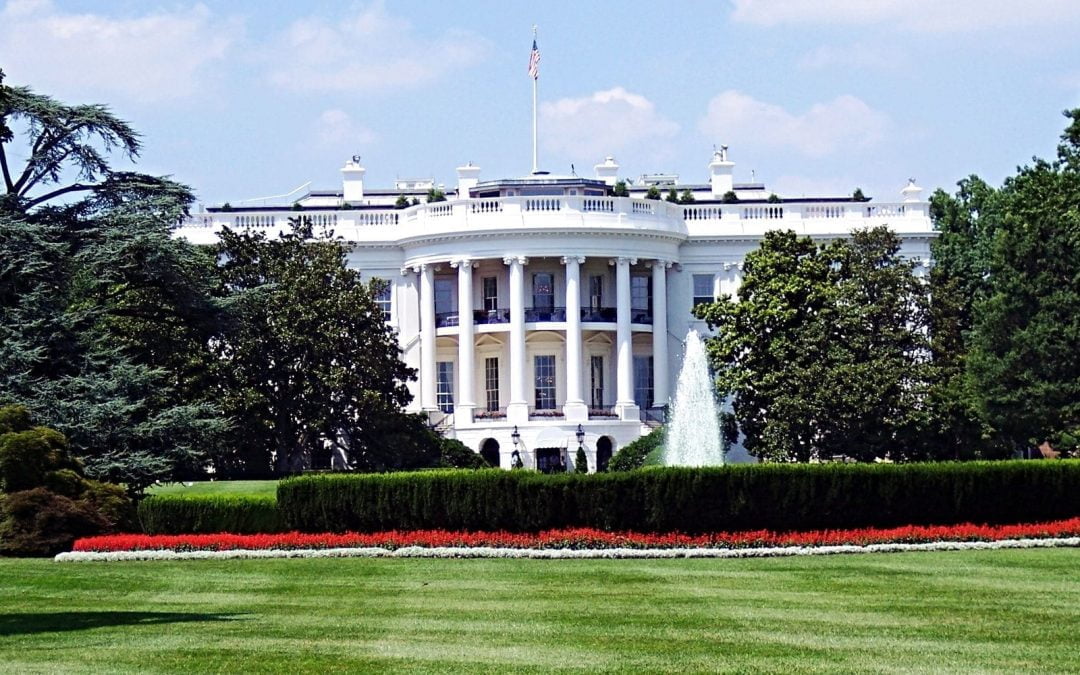There is no joy in an impeachment process.
Oh, there are the occasional “gotcha” moments, when evidence verifies suspicions of someone else’s wrongdoing, but the fact of the process itself is a sad acknowledgement of something gone seriously wrong in the body politic.
While investigation is focused on particular suspected misdeeds as violations of the public trust, a larger view might need to acknowledge flaws in the public trust itself.
Our choice of national leadership was made by a democratic process, albeit manipulated by disinformation and an exploitation of fear and prejudice. That choice has brought us to the current need for an impeachment inquiry.
Our collective will – gerrymandered and maneuvered as it was by vested interests, foreign influence and dark money – chose the leadership we now find ourselves calling to account.
Little if any of what has emerged from the investigation has been a surprise, given what was widely known about the perspective and style of the chosen leadership profile.
Yet we chose it, and now we are having to respond to the consequences of that choice.
This realization has led me to think beyond the process that will assign specific responsibility for wrongdoing (or not).
The impeachment process itself could be viewed as a kind of collective confession of a dereliction of duty as citizens to defend the Constitution and its framers’ intent that we be an “informed populace,” as Jefferson put it, holding the common good of the nation above any special interest.
This “corporate sin” is not of recent origin. There has been a slow erosion of civic responsibility fueled by the greed of some and the apathy of many, as control of our political processes has been ceded to moneyed power.
Ironically, the victims of this process, who struggle for basic needs like living wages and health care, are also its enablers in a shared vulnerability to carefully designed appeals to trust those who hold the purse strings to make things great again.
What we are seeing in the present crisis is the blatant disregard of a common good in political activity that is focused on narrow objectives of a personal sort; there is evidence of a dawning awareness of just how inconsistent that pattern is with the values affirmed by our official pledges of allegiance.
If our response to an impeachment process allows us to think we have “fixed” the problem by assigning personal political responsibility, we will have treated the symptom rather than the deeper problem.
In our faith traditions, confession is an acknowledgement of failure to keep commitments to a higher calling and giving in to lesser goods, damaging relationships and diminishing community.
Confession is faith’s response to that higher calling as a prerequisite for restoration.
Perhaps in this troubling season of coming to terms with our particular problems, we might also consider acknowledging our own participation and complicity in the longer process of which this is apparently a significant turning point.
Also, in our faith traditions there is the function of penance as part of a redemptive response to confession.
Penance seems to combine “paying the price” for breached commitments and a reminder of the seriousness of such acts.
Wise confessors seek to assign penance in a way that will lead the penitents along a more faithful course, perhaps with compensatory service, but always with a clear demonstration of a reoriented perspective.
While I’m sure some might disagree, it is becoming increasingly clear to me that impeachable offenses have been committed and responding to them is a constitutional as well as a moral necessity.
Whatever the outcome of the impeachment process, there is and will be a period of penance, as we do the work of rebuilding integrity and public trust in our institutions of governance.
Part of the collective price of the impeachment process is the loss of time and energy, which could otherwise have been focused on pressing needs of the common good.
The time and opportunity lost by misdirected political zeal and by having to respond to it in a corrective way is a given that cannot be changed – that is part of the price of having the kind of governing principles provided by our Constitution.
Our most faithful response may be an honest acknowledgement of our own common participation in the context of our present challenge (confession), and a clear and determined commitment to rebuild trust and confidence in our systems and leadership (penance) in order to steer a different course into our future.
The authenticity of our response to the impeachment process as an act of confession and penance will be measured by our response to the next opportunity we have to choose.
Professor emeritus of religious studies at Mercer University, a member of Smoke Rise Baptist Church in Stone Mountain, Georgia, and the author of Keys for Everyday Theologians (Nurturing Faith Books, 2022).


